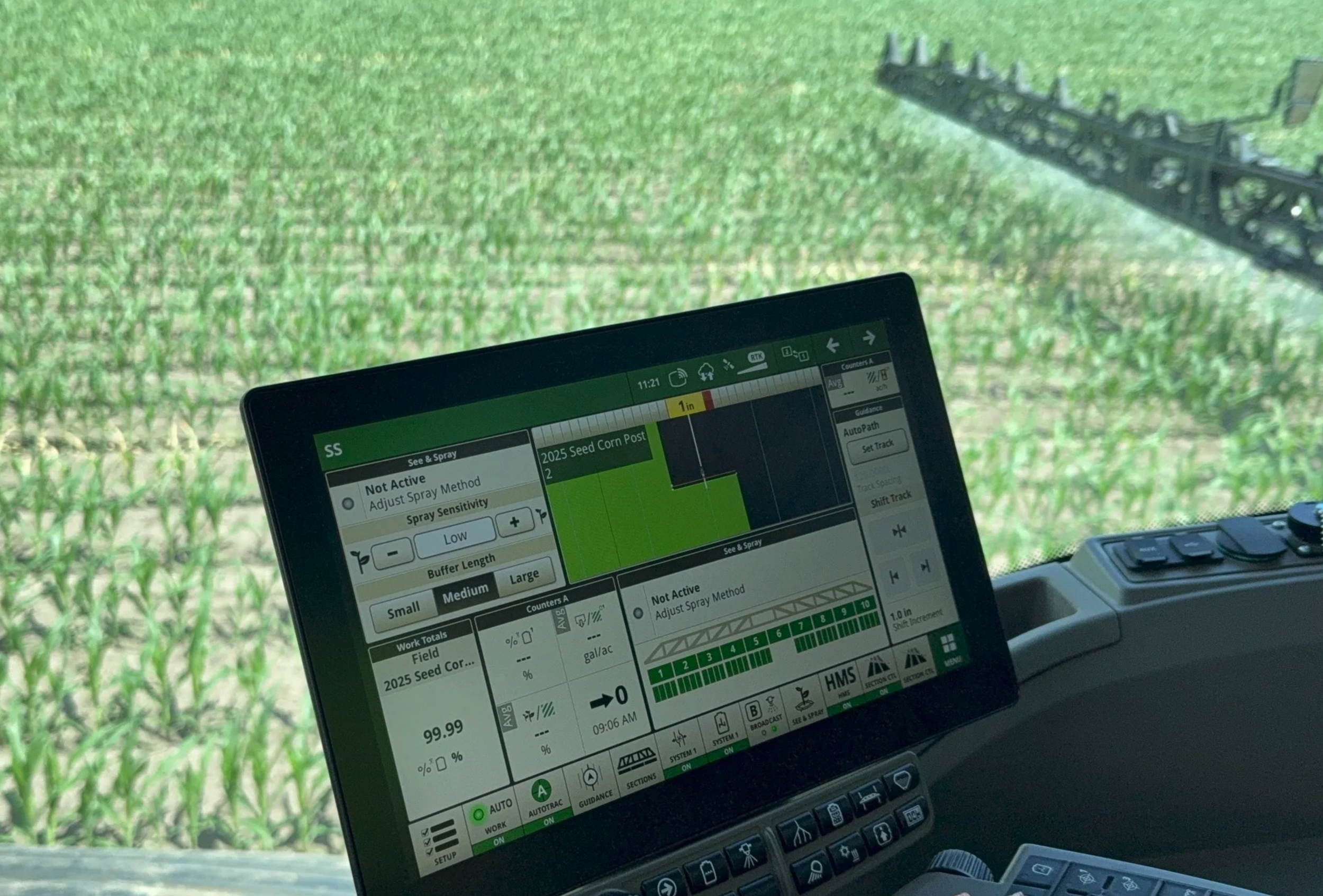Questions to Ask Your Solar Tenant
/Many landowners in the Midwest have been approached by a new kind of tenant. These days, a new lessee may ask for a lease term of 20, 30, or even 50 years. These companies are not cash rent farmers. They are solar companies. While a solar farm may not be appropriate for everyone, it can be an attractive option for the right land and the right company. As an owner of farmland, how do you evaluate whether to negotiate one of these leases? I suggest five questions to get you started:
What is the lease term? Most leases will have numerous different time periods baked in. There may be an evaluation period, then a time for construction to occur, then an operations period, and one or more extensions. A landowner should ask up front how long the commitment is, and decide whether the answer fits into her long term plans (or estate plan).
How many acres? A landlord should find out whether there is a minimum number of acres that the company will commit to leasing. A long term agreement might make sense if the company wants to lease 300 acres, but not if it decides to only use 3 acres.
Is there a removal bond? A landowner should find out if the proposed lease or contract includes a removal bond or other decommissioning security. At the end of the lease—its natural conclusion, an early termination, or anywhere in the between—will there be a fund available to pay for all the removal and remediation actions needed to put that land back into productive use?
Who else is involved? This is not strictly related to the terms of the agreement, but I always advise my clients to find out who else would be part of the project. Are all your neighbors going to be joining? What is the proposed location of the entire project?
Who is liable for what? Attorneys always zero in on the indemnity and liability sections of a contract. A solar lease is no different. There is no one right answer as to who should be responsible for what kinds of costs, claims, or damages. However, the parties should always know in advance what kind of claims they are opening themselves up to. The process is as important as the final product here. Talking with the company about who would foot the bill for a variety of scenarios can help you understand the risks you are (or aren’t) taking by entering into a solar lease.
These are not the only important considerations for a solar lease, but I think they are five preliminary questions. Money, of course, is another one, but most people address that issue before ever talking to a lawyer. The less flashy issues of indemnity and removal bonds are those that keep attorneys up when the sun goes down. Contact your attorney if you’re thinking about signing a solar lease.




